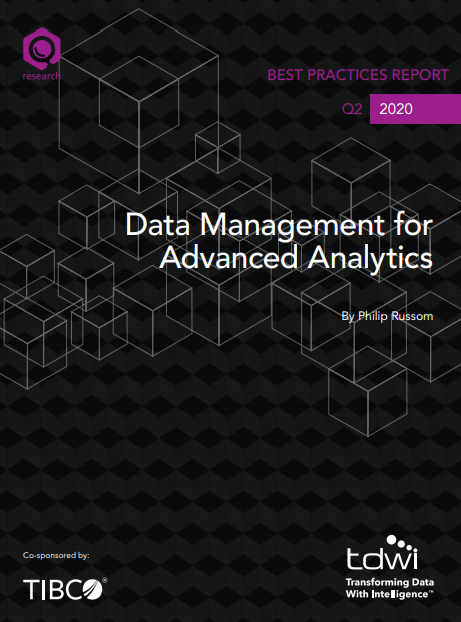In episode 16 we chat to Will Bonner about the role data analytics plays in the micro-lending industry.
Will Bonner is the Head of Data Science at MarketFinance in the UK. The company provides loans to small and medium businesses through invoice loans and more recently through government backed loans.
In this episode Will talks about:
- How data analytics has been at the centre of the development of MarketFinance
- How automation is reducing the time to loan and how that improves the customer experience
- Building a data science team by having the right players in the right position
DATACON AFRICA: LIVE
DataCon Africa: Live is a 100% virtual conference and will connect Africa's most progressive data analytics leaders with the world's most forward-thinking solution providers, set against a backdrop of cutting-edge content that you cannot find anywhere else. At home, in the office or on the road.
Data Quality Training Online
About the Course
In an age where data analytics is used to drive decision making across every facet of a business ensuring the quality of your data is paramount to your organisation's success. The adage "garbage in, garbage out" may be cliched but it describes, perfectly, the critical importance of high quality data being fed into sophisticated models.
Corinium has partnered with InfoBluePrint to bring you the most comprehensive data quality management course delivered through a state-of-the-art webinar platform.
The course structure is 8 modules spread over 4 days by our leading trainers - Diana Joseph and Joe Newbert. The 8 modules are:
- Data Quality Awareness
- Data Quality in Context
- Data Assessment
- Business & User Requirements
- Data Measurement
- Data Correction
- Problem Prevention
- Context of Data Management








